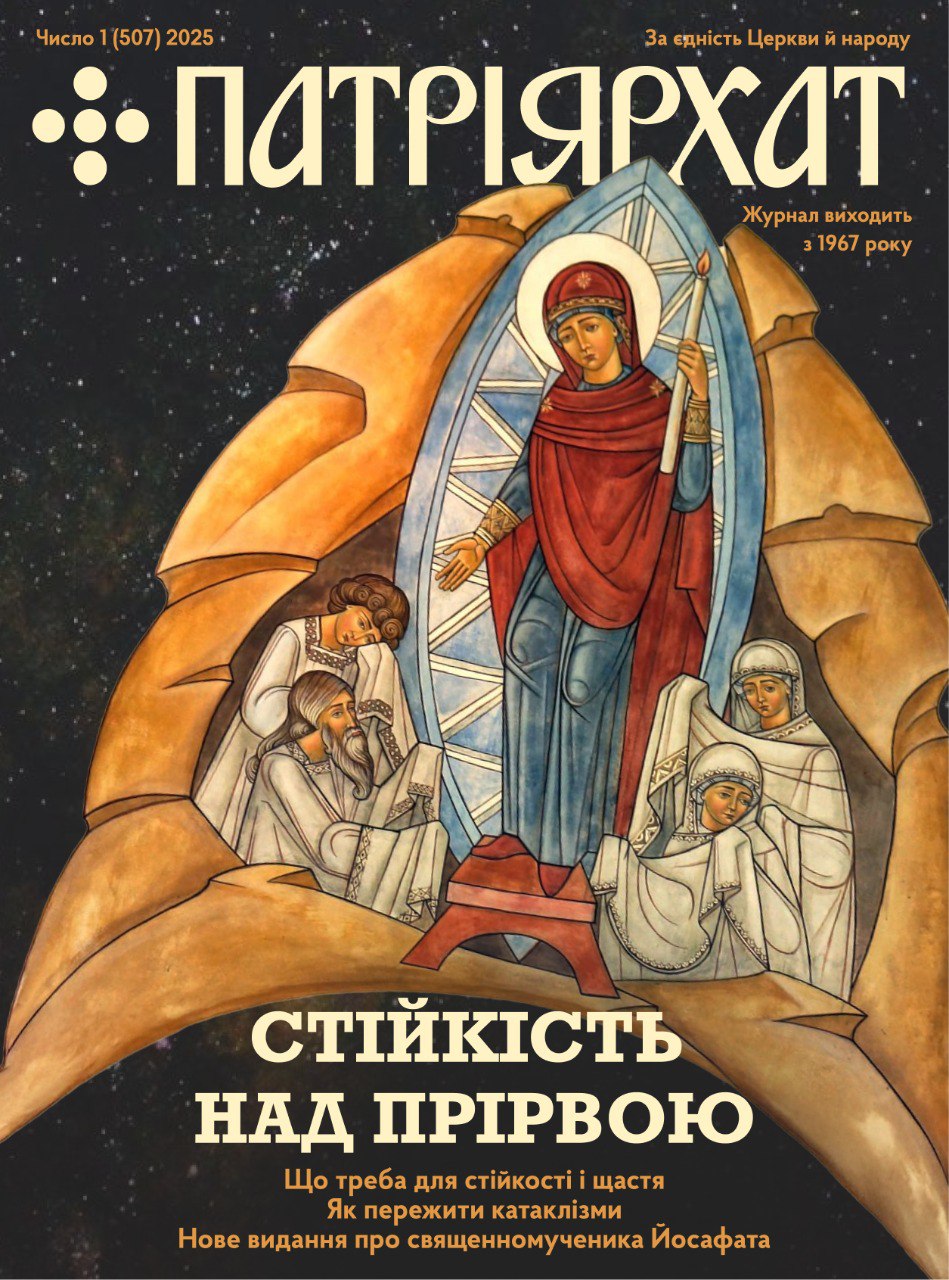(Pittsburgh Post-Gazette. February 12, 1974)
The forced retirement last week of Joseph Cardinal Mindszenty, the long-exiled Roman Catholic primate of Hungary, is a dramatic example of one of the most interesting diplomatic campaigns of recent times, the Catholic Church’s effort to improve relations with the Communist regimes of Eastern Europe.
Imprisoned by the Communists after a show trial for treason in 1949, the Cardinal was freed during the 1956 Hungarian uprising and took refuge at the U.S. legation in Budapest. There he became a silent symbol of unrelenting Catholic opposition to Communism.
But in 1971, the Pope reached an agreement with the Hungarian government that required Cardinal Mindscenty to leave Hungary—and to remain silent about his treatment while in prison. In return, the Vatican was allowed to name bishops to long-vacant dioceses, with the government having veto power over the appointments. Last week’s removal of the last vestiges of the 81-year-old Cardinal’s authority means that more bishops can be named.
The Mindszenty case is only the best known example of Vatican accommodation, which has dismayed Catholics who would have preferred that the Church continue its unyielding opposition to Communism.
Of local interest is the case of the Ukrainian Byzantine-rite Catholics whose homeland church was forcibly merged with the Russion Orthodox Church by the Soviet government whose leader, Metropolitan (now Cardinal) Joseph Slipyj, was imprisoned for 18 years for refusing to renounce his loyalty to Rome.
Some Ukrainian-Americans—including residents of Pittsburgh—have asked the Vatican to establish an autonomous patriarchate for Ukrainians which in effect would affirm the continued existence of their church. But the Vatican has refused the request for fear of antagonizing the Soviet Union which so far has acquiesced to greater religious freedom in its satellite nations. Bitterly, these Ukrainian-Americans now speak of a Vatican “sell-out.”
Considering the fact that the “liberation” of Eastern Europe from Communist rule was long ago abandoned as a reasonable goal by the West (including the U.S.A.), it is difficult to quarrel with the Catholic Church’s attempts to gain a measure of freedom of religion for its followers in those nations.
But that does not lessen the poignancy of Cardinal Mindszenty`s unwilling removal from a position that was his last symbol of his opposition to the regime that persecuted him. Discarded as an embarrassment to Catholic-Communist relations, the aged prelate now finds himself in the doubtless bewildering position of being more Catholic than the Pope.

